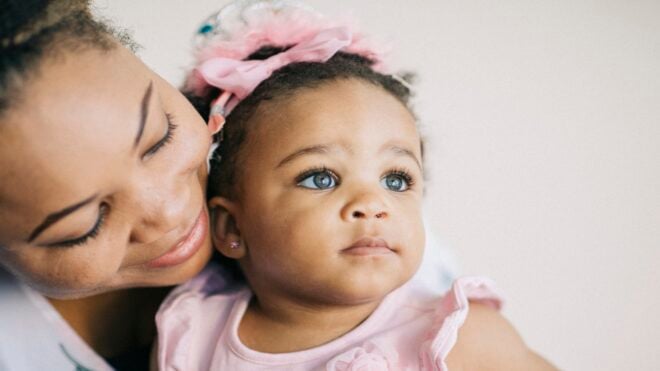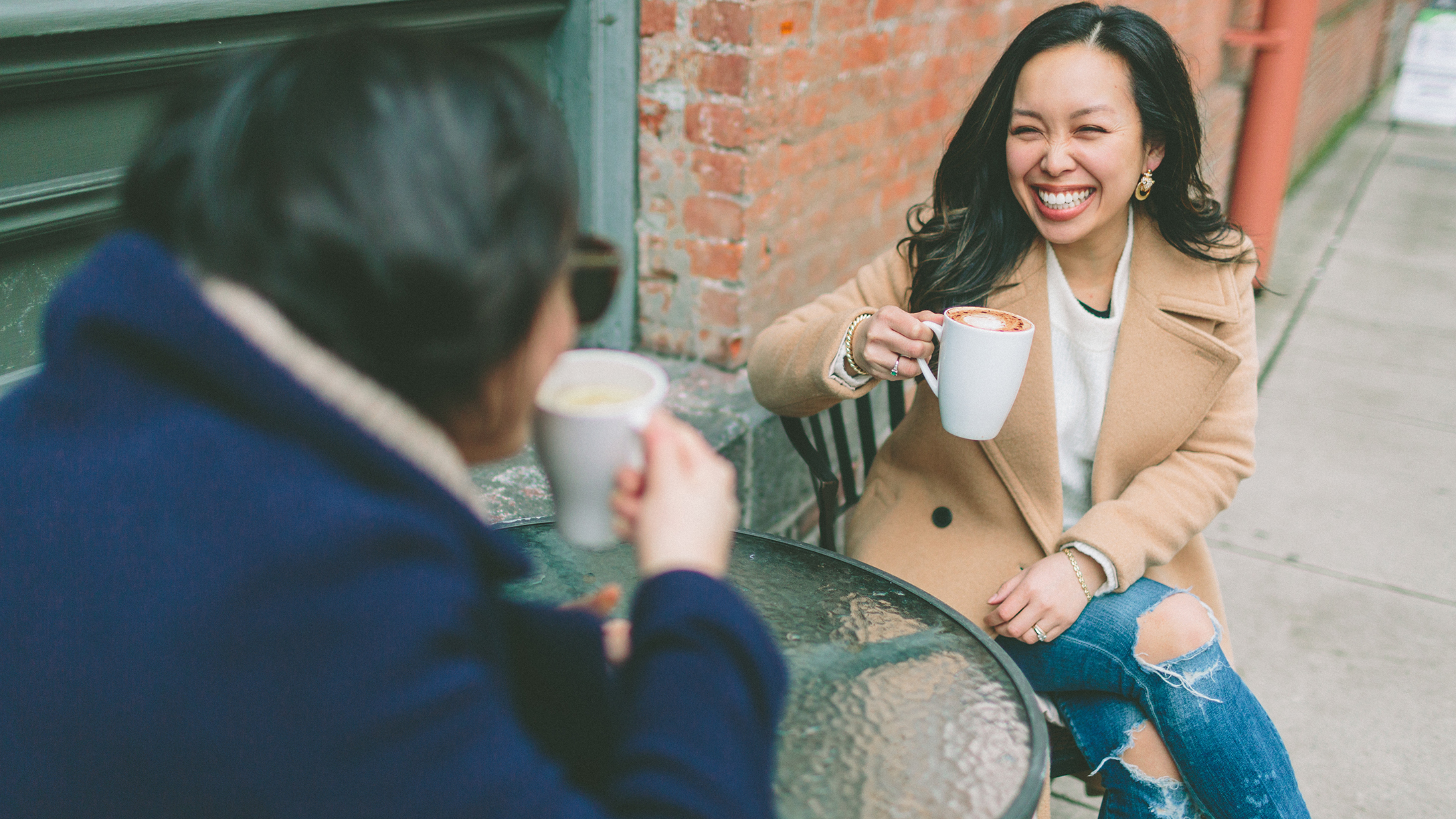
'Practice random acts of kindness and senseless acts of beauty' may read like an '80s bumper sticker, but it’s still a credo to live by. You never know whose day you might brighten or how you might help someone in need. Here are even more reasons why.
It helps cultivate gratitude
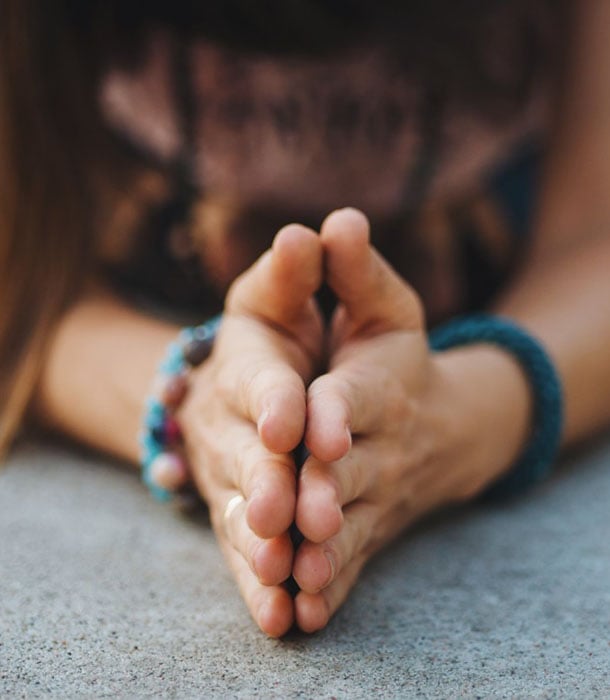
An act of kindness elicits gratitude—and gratitude is good for you. According to all sorts of social science research, gratitude is associated with increased happiness, well-being, better relationships and even improved health.
You feel connected to others
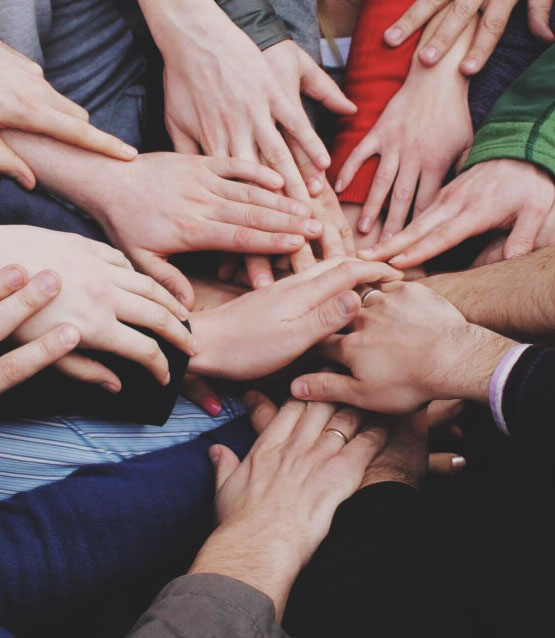
A kind act binds you and another person together, however briefly, and helps highlight how we are all more alike than we are different.
It does a body good

Kindness spreads

Researchers found that one act of kindness can have up to triple the social effect.
You’ll achieve moral elevation
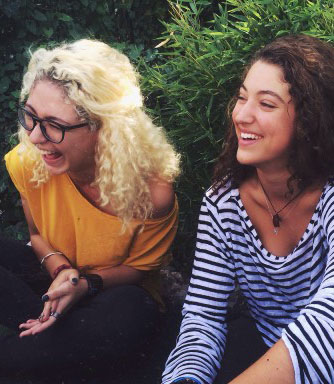
According to Psychology Today, "the simple witnessing of others being kind can release the same 'feel good' chemicals that doing an act of kindness can produce." It's called "moral elevation"—and it's awesome.
It can challenge someone’s expectations—for the better

When comedian Sarah Silverman took time to show surprising kindness to an online troll, she transformed a stereotypically negative (and all too common) online exchange into a real, positive human connection. "You don't deserve punishment. You deserve support," she tweeted. The guy apologized—and she helped him get the medical treatment he needed.
You’ll feel less alone

And so will the person you're helping out. Helping, giving and other prosocial or altruistic behavior affirms our place in a community and fosters our sense of belonging.
It’s an ego boost
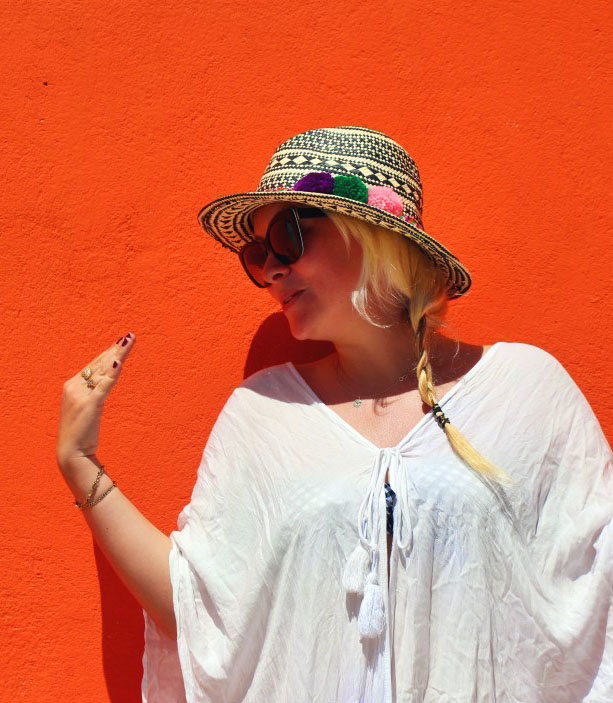
Not that this is about you, but doing kind things helps your self-esteem. One study found that helping strangers, in particular, had lasting effects.
Karma

Whether or not you believe in karma, there's evidence all around us that putting kindness out into the world yields kindness in return.
It can relieve stress

Again, so says science. Small gestures of kindness—even simply being polite—can help mitigate our own stress responses.
It’s a balm against depression
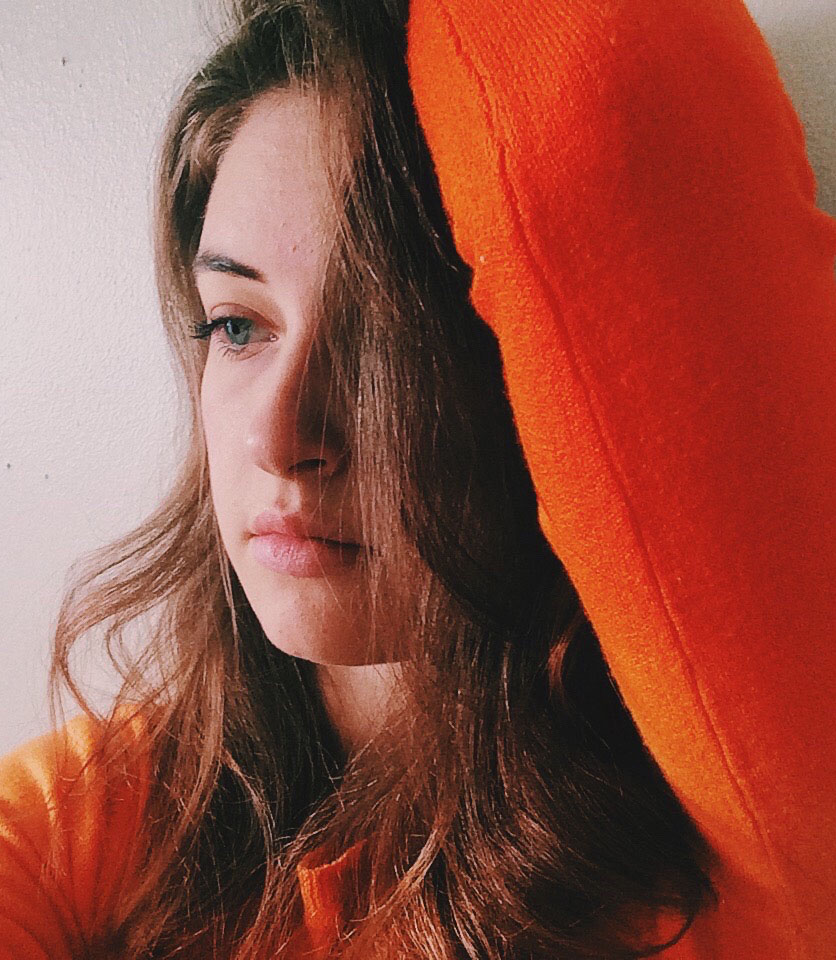
Here, we mean little "d" depression, not a serious mental health diagnosis. For anyone feeling down, alone, disconnected or isolated, finding the will and energy to do something for someone else, no matter how small, can be just the thing that lifts you out of the emotional fog.
It’ll make someone smile—and smiling is powerful

Did you know one smile is equal to the pleasure of 2,000 bars of chocolate? And that's just one of smiling's superpowers.
It’s like a muscle—the more you use it, the easier it is

Christine Carter, Ph.D., of the Greater Good Science Center at the University of California, Berkeley, suggests flexing your generosity muscle to increase happiness.
It’s like a new pair of rose-colored glasses

Kindness can change the way we see the world—for the better. Sonja Lyubomirsky, a professor in the department of psychology at the University of California, Riverside, says being kind can help us "perceive others more positively."
Random acts of kindness have a bigger payoff
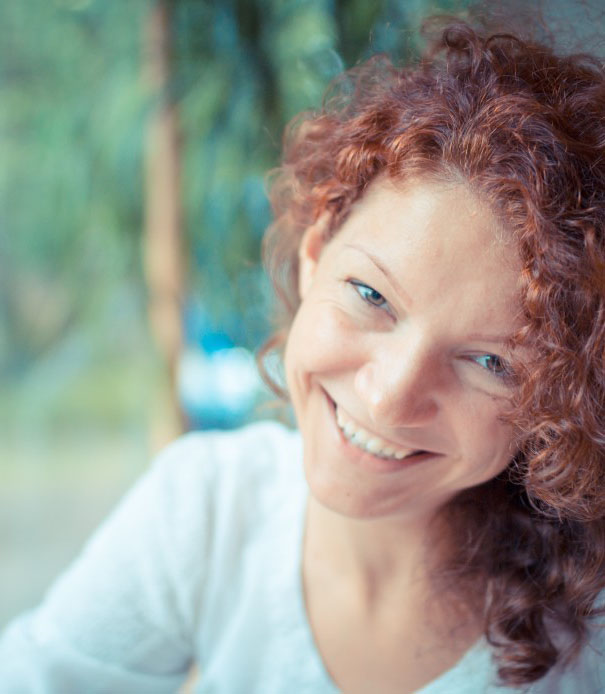
The random part matters, more than you'd think. "A random element added to a kind action can dramatically increase the feelings of pleasure it triggers in the brain as a whole. The unexpected is more rewarding, perhaps because we are trying to understand the world's complex patterns," writes Dr. Daniel Glaser, a neuroscientist, in The Guardian.
There are no strings attached

If the kindness act is random, you won't feel obligated. There are no expectations. There is no opportunity to disappoint. An act of kindness just is what it is—and that's very liberating.
You’ll be more popular

It's not a popularity contest, really. But still. A 2012 study out of Canada found that kids who performed kind acts for others were rated, later on, as more popular by their peers. Scientists say it's about our natural recognition and propensity for prosocial behavior.
You might live longer
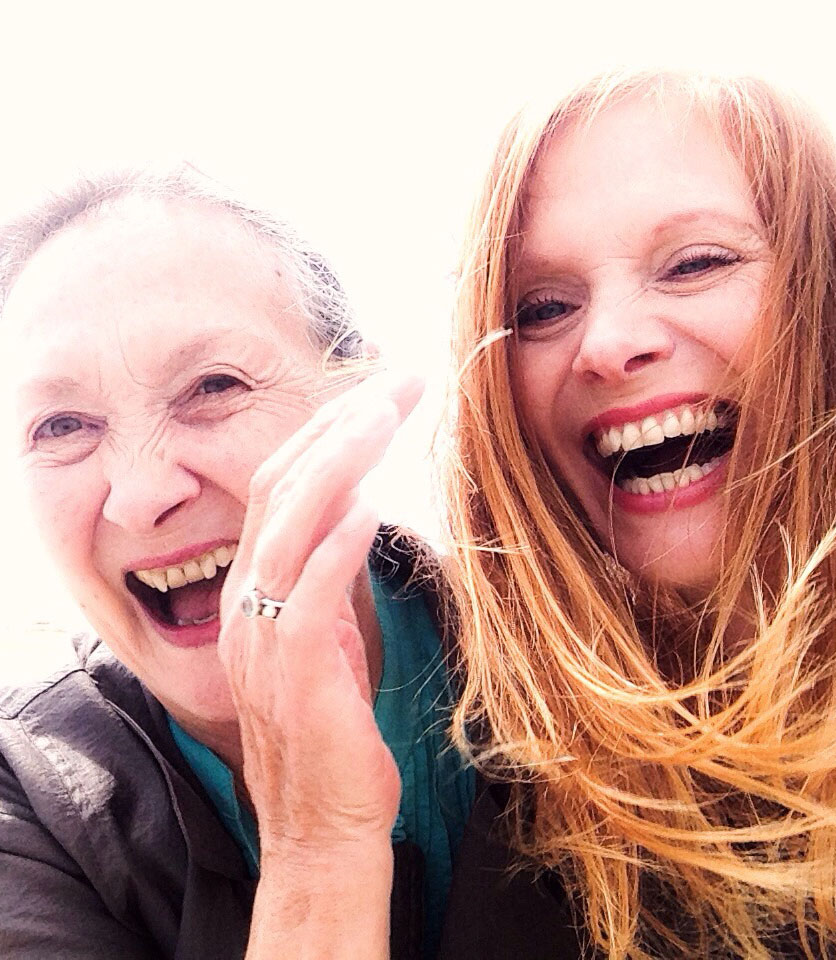
(Key word: might.)
Assuming your random acts of kindness evolve into an overall commitment to volunteering and helping others, one study showed that if you're over 55 and volunteer consistently, you are 44 percent less likely to die early.
Your kids are watching
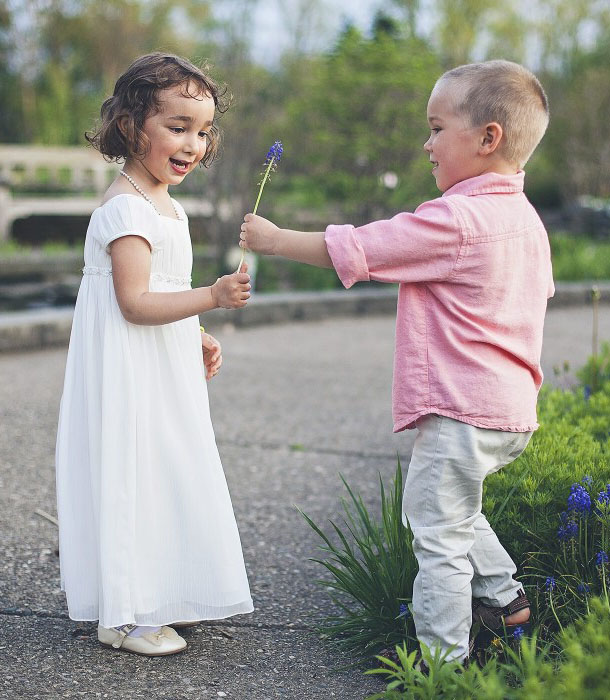
Of course, kids are always watching, always aware of the gap between what you say and what you do. If they're old enough, chances are they're already tuning out the lectures about being kind and the inspirational talks about giving back. But should they witness you doing something to help the homeless or being kind to someone you meet in public—for no reason—it speaks louder than words.
The butterfly effect

The point of a random act of kindness is not just that it's random and kind—but also that you really don't have any understanding of how far the kindness might spread. The butterfly effect can be astounding. A very small effort on your part can have huge, positive ramifications out there in the world. Just you watch.





